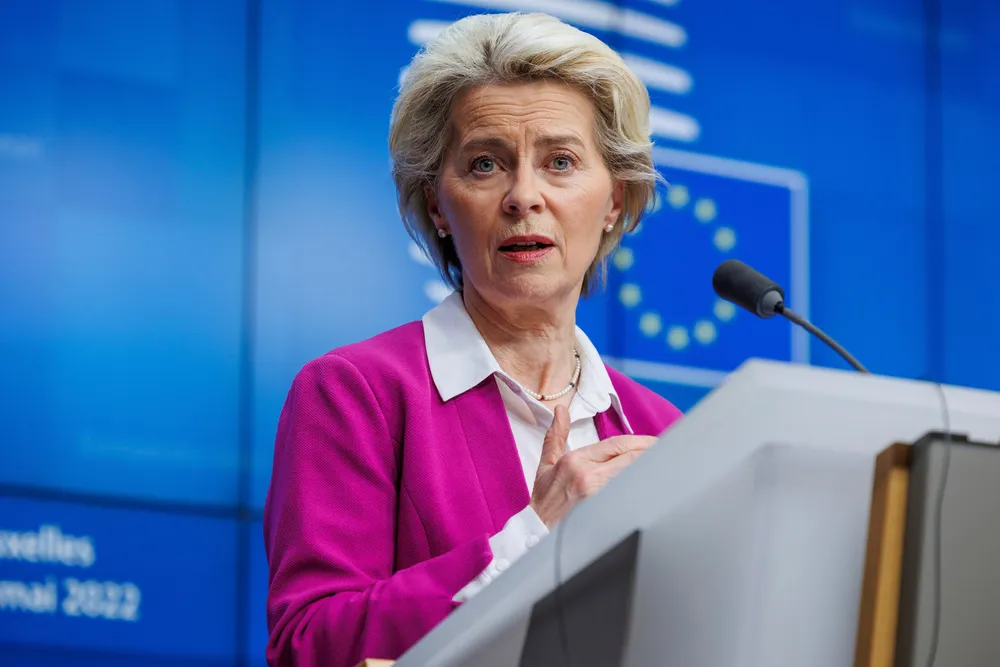UPDATED: EU agrees to ban 90% of Russian oil imports by end of year
Concession allows Hungary to receive pipeline volumes of crude, oil prices jump in early trading

Concession allows Hungary to receive pipeline volumes of crude, oil prices jump in early trading
